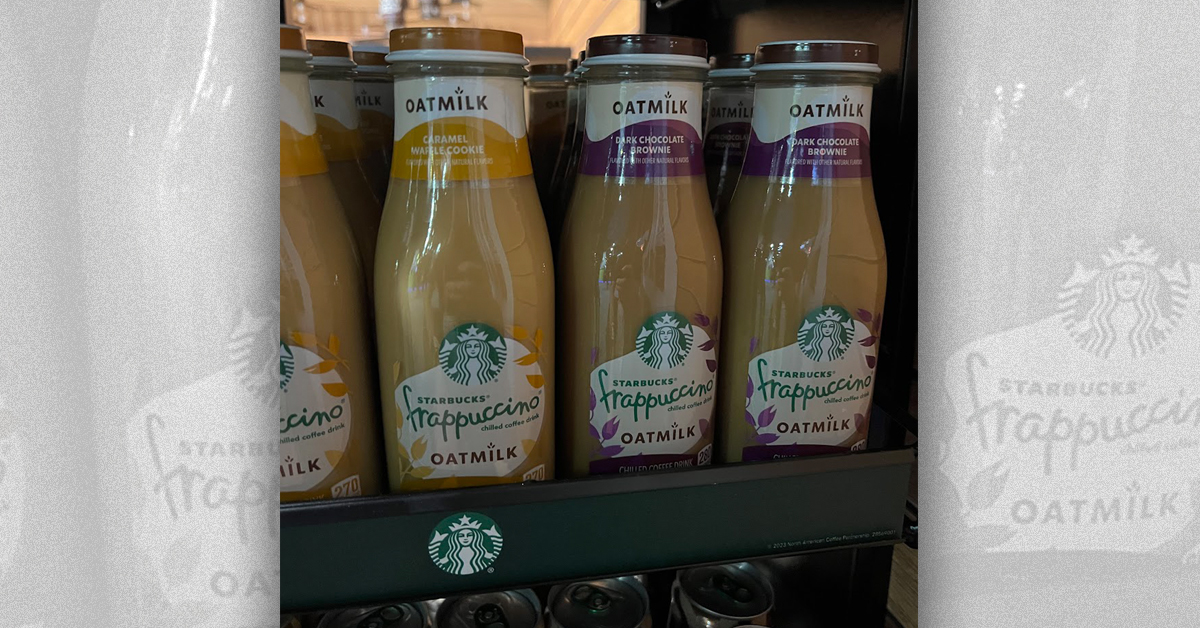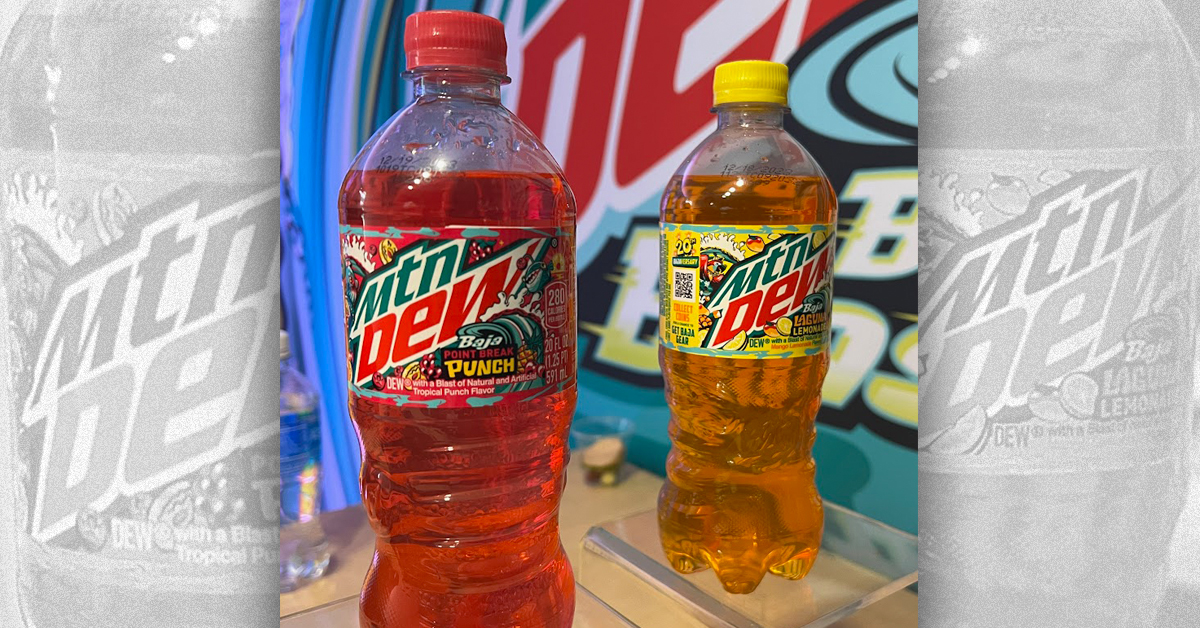Pepsi is sprucing up its diverse mega-brand portfolio with new products, packaging and positioning, all of which were on display at the NACS trade show this week.
The soda giant’s sprawling booth at this year’s show — itself revamped for the first time in around a decade with lighter and more sustainable materials, per the company — featured dedicated areas to showcase some of its leading sales drivers: brand Pepsi, Gatorade, Starbucks and Rockstar, the latter of which was serving samples from the back of a decked-out Jeep.
Sticking with energy, Pepsi’s distribution pact with Celsius has been the main story; one year into the deal, Celsius has taken a 10% dollar share in the category and continues to climb. Along the way it surpassed Rockstar, which Pepsi paid over $3 billion for in 2020 to own outright, and over recent years the brand has been tweaking its positioning and messaging to find a foothold in a category that has shifted to broader functional propositions. Some attempts — like ‘relaxation’ energy play Unplugged, a female-focused innovation from 2021 — have already come and gone.
At this year’s show, the featured innovation was Rockstar Focus, a zero-sugar 12 oz. subline promising “Energy & Mental Boost” via 200mg of caffeine and Lion’s Mane. The non-carbonated Rockstar Recovery line is also getting a pair of new flavors with unique ingredients — biotin, magnesium and zinc, specifically — that existing SKUs will not. Both are set to launch in January 2024.
In contrast, the Starbucks-Pepsi RTD coffee alliance continues to hum along with 77% market share of the category, so no major rethink is needed there. Instead, there was more incremental innovation: Frappuccino is embracing oat milk (the most popular alt-milk choice in Starbucks cafes) for the first time with a pair of new SKUs, Caramel Waffle Cookie and Dark Chocolate Brownie, each clocking in at at least 270 calories per 13.7 oz glass bottle. And in a move that perhaps reflects the category’s evolution from specialty item to commodity, Starbucks Cold Brew (updated to be “smoother” and “more coffee-forward”) is moving from 11 oz. squat glass bottles into 12 oz. sleek cans in Vanilla, Chocolate and Caramel. The brand’s three-year old line of Nitro Cold Brew in 9.5 oz. cans has similar flavors (Vanilla, Caramel) but notably that line features a non-dairy black variety, while the updated non-nitro Cold Brews do not.
The new visual look will also carry over to Triple Shot and Double Shot, both coming in April.
Elsewhere, Gatorade has emerged as one of the drink maker’s primary innovation platforms: last year it was with energy drink Fast Twitch, and this year with the less flashy introduction of Gatorade Water, which reps emphasized as a “big bet” for Pepsi going forward and complementary to its existing flavored water line, Propel, which received a big marketing push featuring “Creed” star Michael B. Jordan earlier this year. Expect more robust marketing on Gatorade Water in the coming weeks, we were told. Other lines are still going as well: naturally positioned G Fit will introduce a new flavor, Passionfruit Citrus, next year, and samples of rapid hydration line Gatorlyte’s latest flavor were also being poured at the booth.
Muscle Milk, which is marketed under the Gatorade banner, is also receiving an update with the launch of Muscle Milk Plant next year in the core line’s three most popular flavors, Caramel, Chocolate and Vanilla, each with 30 grams of protein.
But there’s still more to come: meet Bubly Burst, an extension that takes the flavored sparkling water line from cans to 16.9 oz. PET bottles and into the low-calorie zone (10 per serving) as a Sparkling Ice competitor.
Then there’s MTN DEW, the legacy CSD brand that has served as a platform for everything from energy to alcohol SKUs. This year’s innovation is strictly around flavor, as the long-running Baja Blast subline (aligned with Taco Bell) gets two new LTOs: Baja Point Break Punch and Baja Laguna Lemonade.
And last but not least: trademark Pepsi, which is celebrating its 125th anniversary with a new logo and a shift from plastic to paper-based rings on its multipacks. The move aligns with its long-term goal to reduce virgin plastic from nonrenewable sources across its beverage and food portfolio by 50% by 2030. As seen at the booth, focus moving forward will be primarily around original and Zero Sugar varieties, with Diet Pepsi becoming more of a legacy holdover product.

